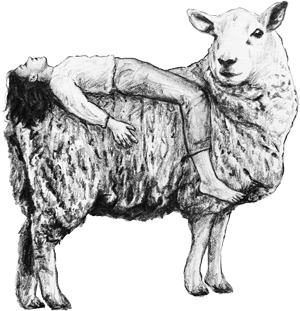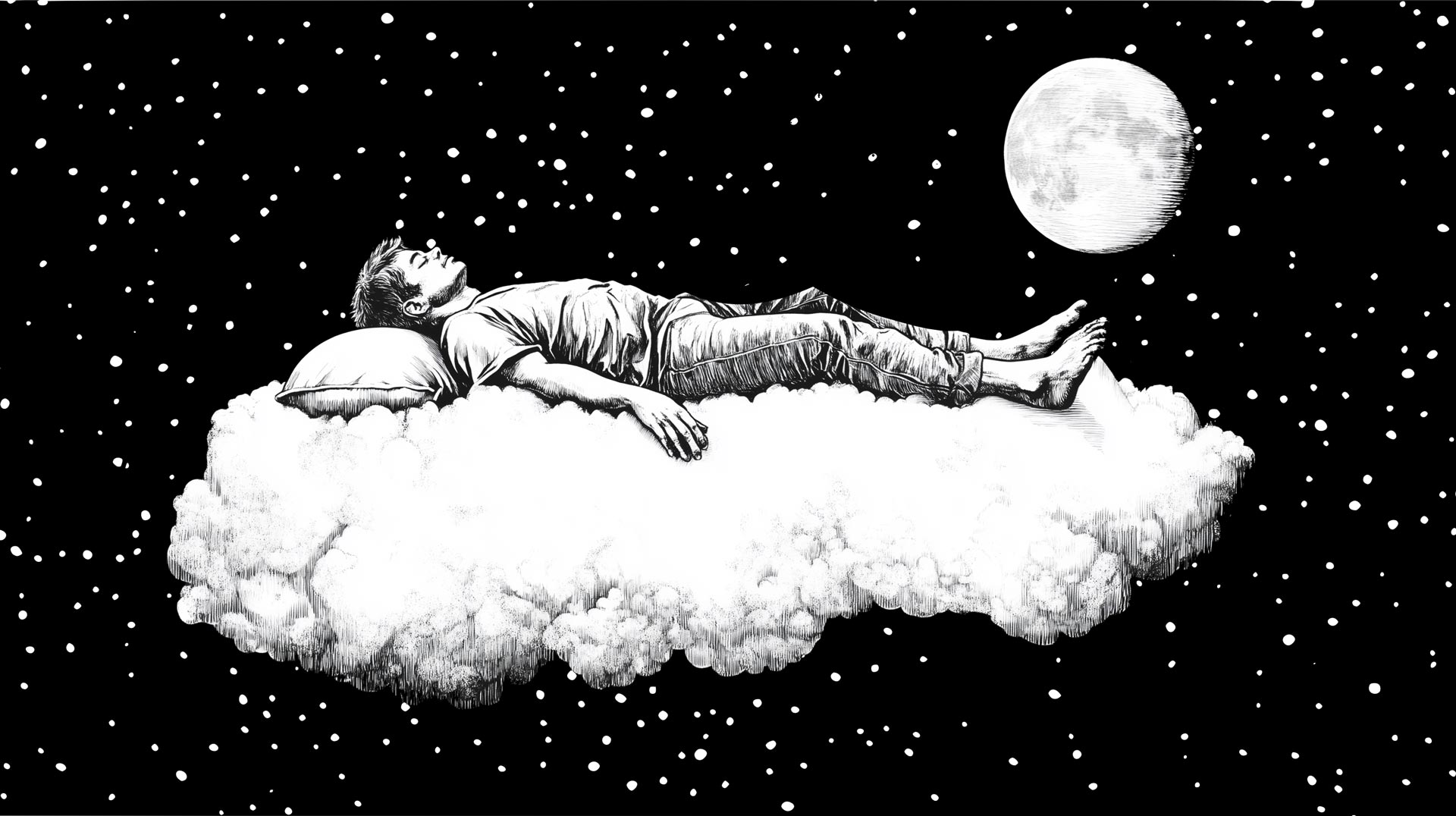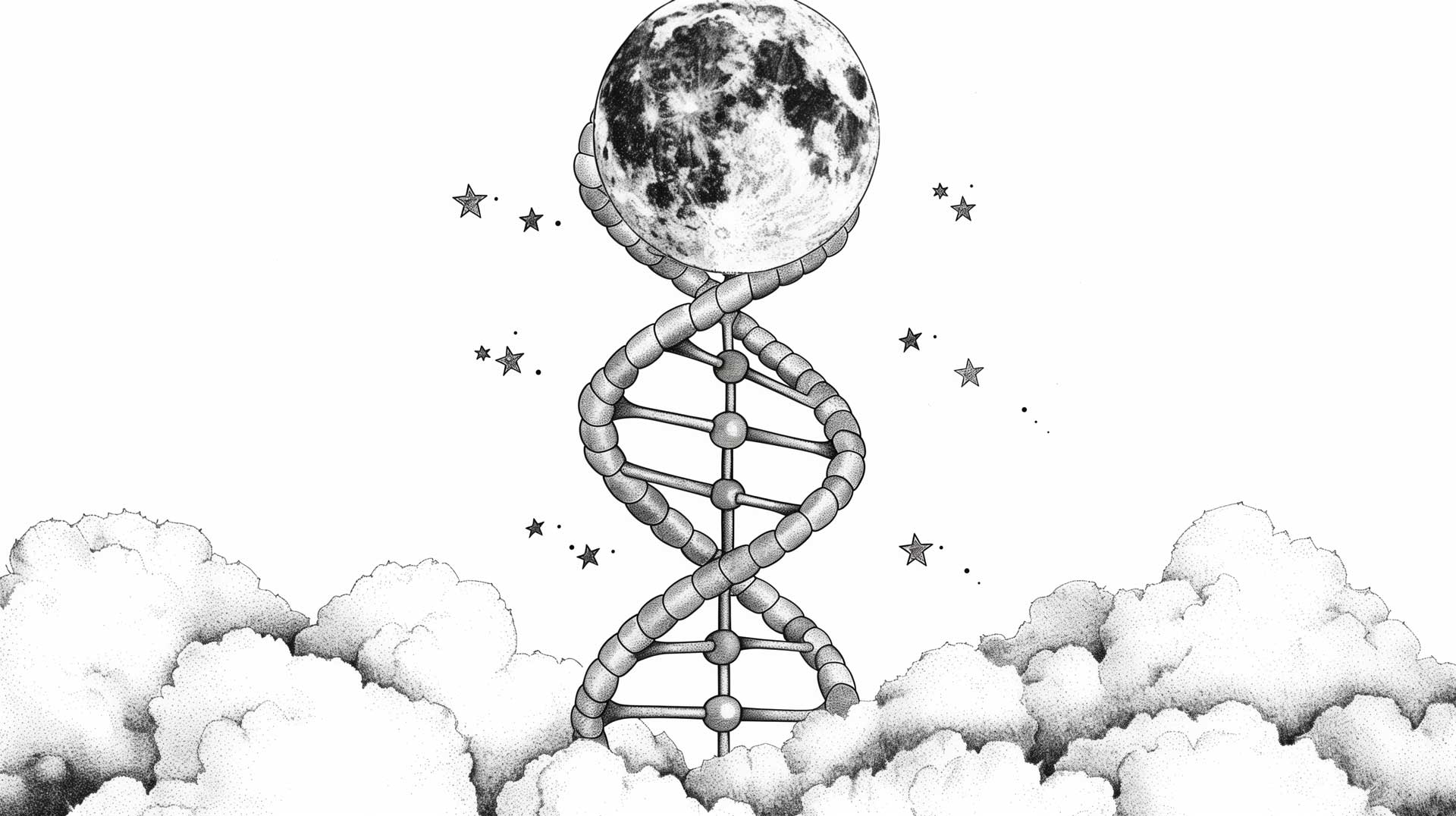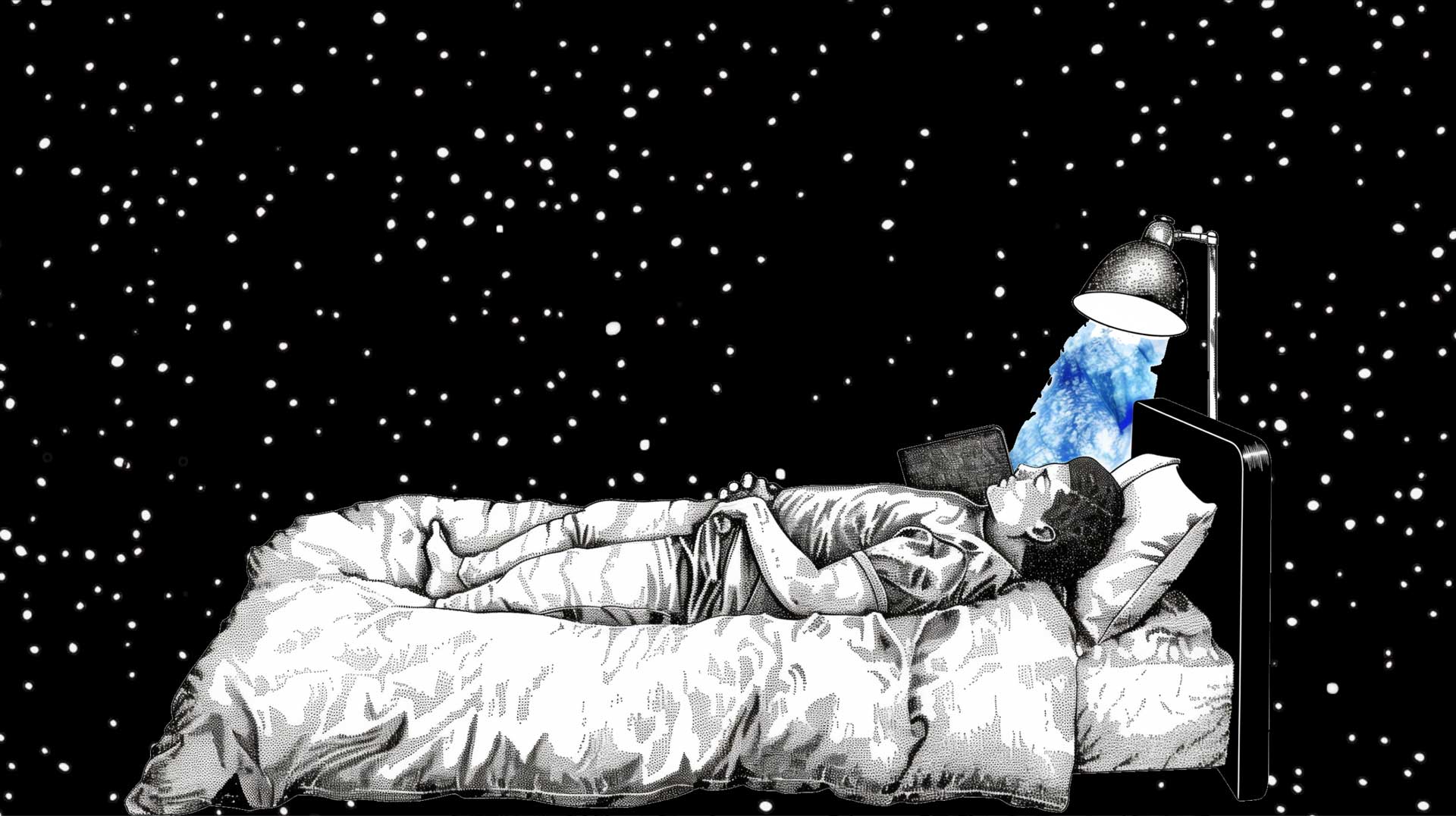Curious about how cannabis can help you sleep better? You're not alone. With an increasing number of people turning to this natural remedy for its sleep-enhancing benefits, it's time to uncover the truth about cannabis and its impact on sleep.
From the science behind its effects to the best practices for use, this guide will provide you with everything you need to know about using cannabis as a sleep aid.
Cannabis and Sleep
The Cliché
The cliché that smoking weed will make you sleepy is not without merit. Many strains of cannabis, particularly indica-dominant ones, are known for their sedative effects that can help induce sleepiness and relaxation. Most people only think of smoking weed and getting high when they hear cannabis. However, it’s important to note that not all cannabis will make you high. There are options to improve your sleep through Cannabis without smoking and without experiencing the “high” effect.
Who Can Benefit?
- Insomnia Sufferers: Those who struggle to fall asleep or stay asleep may find relief with cannabis.
- Individuals with Anxiety: Cannabis can help calm the mind and reduce the anxiety that often interferes with sleep.
- Chronic Pain Patients: For people whose pain keeps them awake, certain strains of cannabis can provide significant relief.
- People with PTSD: Cannabis has been reported to help manage PTSD (Post-traumatic stress disorder) symptoms, including nightmares, promoting more restful sleep.
Do you need to get high to sleep better?
There are forms of cannabis that will still give you the beneficial effects for your sleep without experiencing any psychological effects
1. THC-Dominant Cannabis
Tetrahydrocannabinol (THC) is the primary psychoactive component of cannabis, known for its euphoric and mind-altering effects. THC-dominant strains are effective in inducing sleep quickly and helping users stay asleep. However, because of their psychoactive properties, these strains can also cause a feeling of being „high,“ which might not be desirable for everyone.
2. CBD-Dominant Cannabis
Cannabidiol (CBD) is a non-psychoactive compound found in cannabis. Unlike THC, CBD does not produce a high and is known for its calming and anti-anxiety effects. These strains are ideal for those who want the sleep benefits of cannabis without the psychoactive effects.
THC and CBD both come from the cannabis plant, but they are found in different concentrations depending on the strain. There are plants having high levels of THC (tetrahydrocannabinol), the psychoactive compound responsible for the „high“. On the other hand, there are plants with low THC but high CBD (cannabidiol) levels.
Cannabis as a Sleep Aid – How Does It Work?
Cannabis works as a sleep aid primarily due to its interaction with the body’s endocannabinoid system (ECS). The system is a complex cell-signaling system that plays a role in regulating various physiological processes like sleep, mood, appetite, memory, and more. Cannabis compounds like THC and CBD interact with the ECS by binding to cannabinoid receptors (CB1 and CB2) throughout the body.
1. THC and Sleep
- Induces Sleepiness: THC can help induce sleep by reducing the time it takes to fall asleep. It does this by interacting with the brain’s receptors that influence sleep and wakefulness.
- Alters Sleep Cycles: THC can change the structure of sleep cycles. It extends the time spent in deep sleep (slow-wave sleep), which is the restorative phase of sleep that helps the body repair and grow. However, it also reduces the time spent in REM sleep, the phase associated with dreaming. This can be beneficial for people who suffer from conditions like PTSD, where nightmares disrupt sleep.
2. CBD and Sleep
- Reduces Anxiety: CBD is known for its calming effects. It interacts with receptors in the brain that regulate anxiety and mood. It helps to calm the mind and reduce the anxiety that often interferes with sleep.
- Eases Pain: CBD also has anti-inflammatory and pain-relieving properties. By alleviating pain, CBD helps create a more comfortable environment for sleep.
- Promotes Relaxation: While CBD does not directly induce sleepiness like THC, it promotes a state of relaxation that can make it easier to fall asleep and stay asleep.
Risks of using Cannabis for Sleep
While cannabis can be a helpful sleep aid, it’s important to be aware of potential risks:
1. Short-Term Use
Used on a short-term basis, cannabis may help you fall asleep faster. However, health experts generally do not recommend using sleep aids, including cannabis, on a long-term basis because of their potential to negatively impact your sleep quality and cause other side effects.
2. Long-Term Use
Studies suggest that heavy cannabis use, especially over a long period, can have several negative consequences for sleep, including:
- Less Sleep Overall: Long-term use may reduce the total amount of sleep you get.
- Less Time Spent in Deep Sleep: The duration of deep sleep (slow-wave sleep) may decrease.
- Longer Time to Fall Asleep: Chronic use might increase the time it takes to fall asleep.
- Frequent Awakenings: There may be more interruptions during the night.
3. Health-Related Side Effects
Long-term cannabis use can also lead to other health-related side effects:
- Reduced Brain Gray Matter: Studies have found that long-term cannabis use may reduce the volume of gray matter in your brain.
- Increased Risk of Chronic Bronchitis: Smoking cannabis can increase the risk of developing chronic bronchitis.
4. Withdrawal Symptoms
Cannabis withdrawal can produce sleep-related side effects, including:
- Strange Dreams: Unusual and vivid dreams may occur.
- Difficulty Falling Asleep: Users may find it harder to fall asleep after stopping cannabis use.
- Less Time in Deep Sleep: The amount of restorative deep sleep may decrease during withdrawal.
5. Daytime Drowsiness
Using cannabis, especially high-THC strains, can cause residual drowsiness the next day, impacting daytime alertness and productivity.
6. Legal and Health Concerns
The legality of cannabis varies by location, and it’s essential to be aware of local laws. Additionally, cannabis can interact with certain medications, so consult with a healthcare provider before use.
Summary
In conclusion, while cannabis can be an effective natural sleep aid for many, it’s important to be mindful of the potential risks and side effects, especially with long-term use. Understanding the differences between THC and CBD, and choosing the right strains, can help optimize your sleep experience. Always consult with a healthcare provider to ensure safe and appropriate use.



